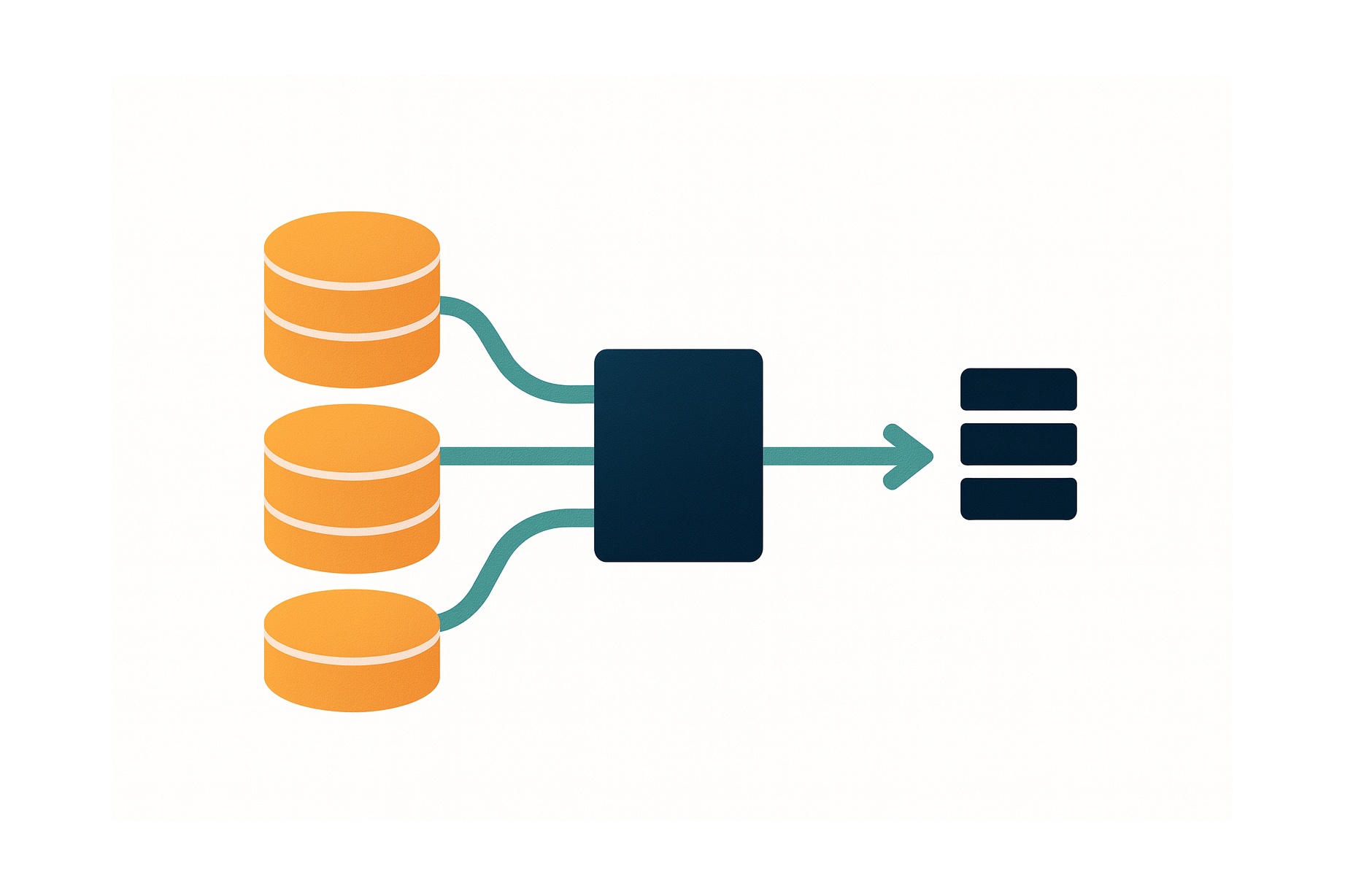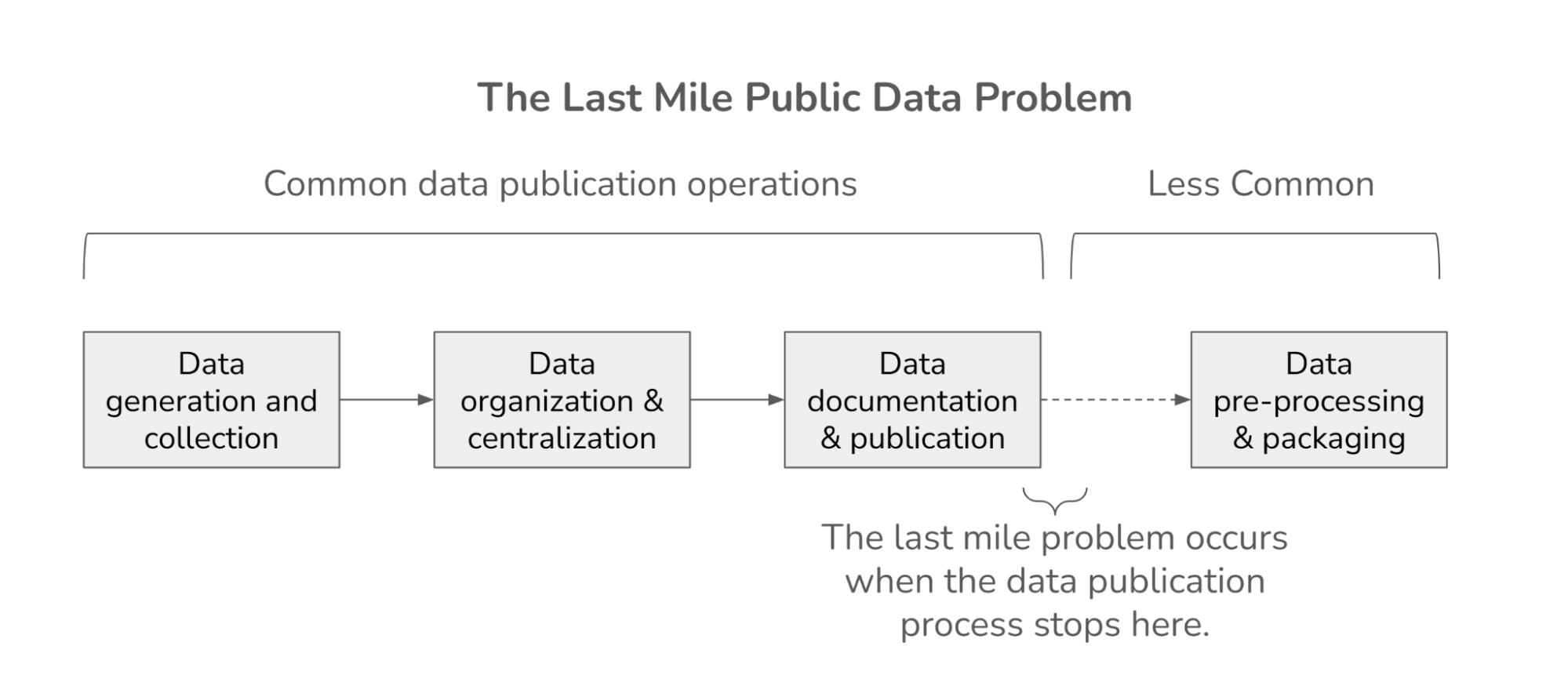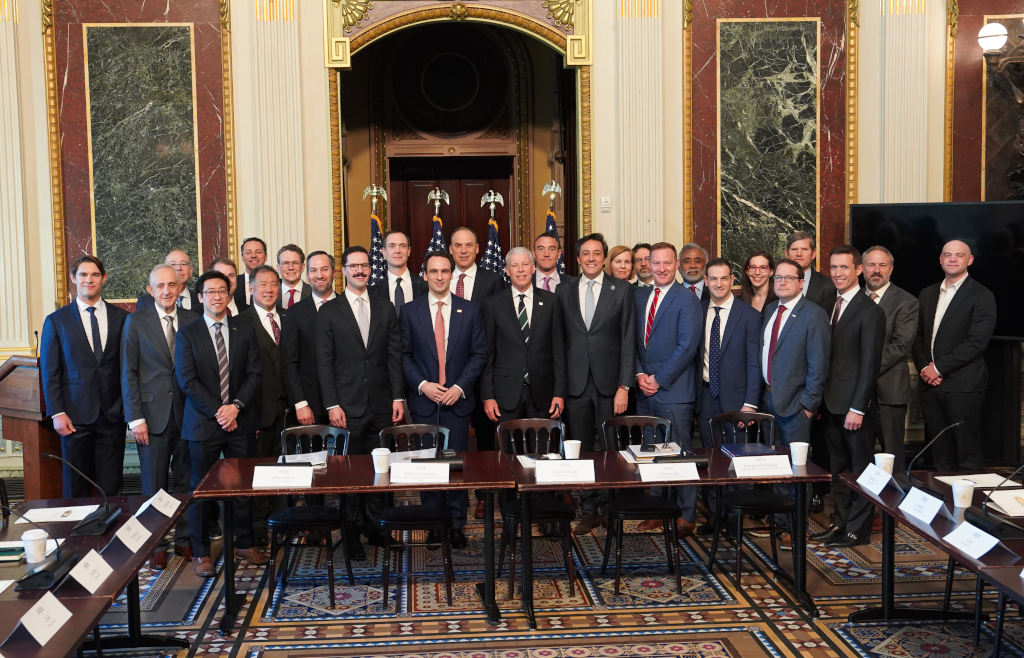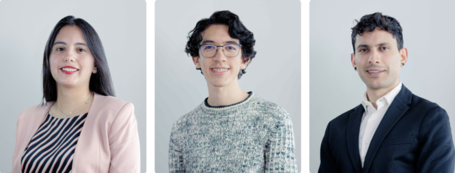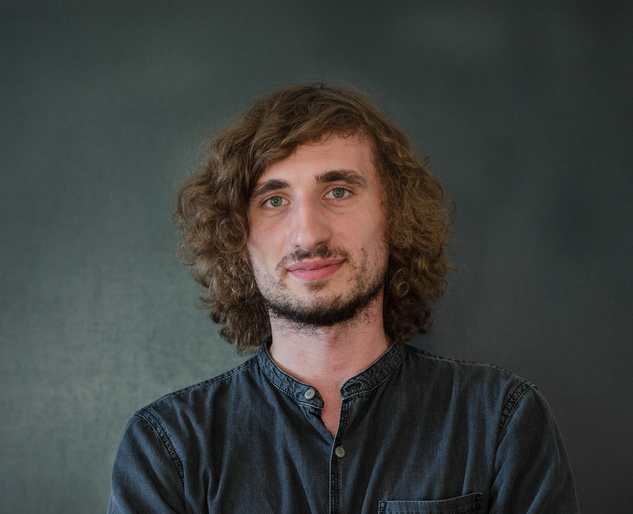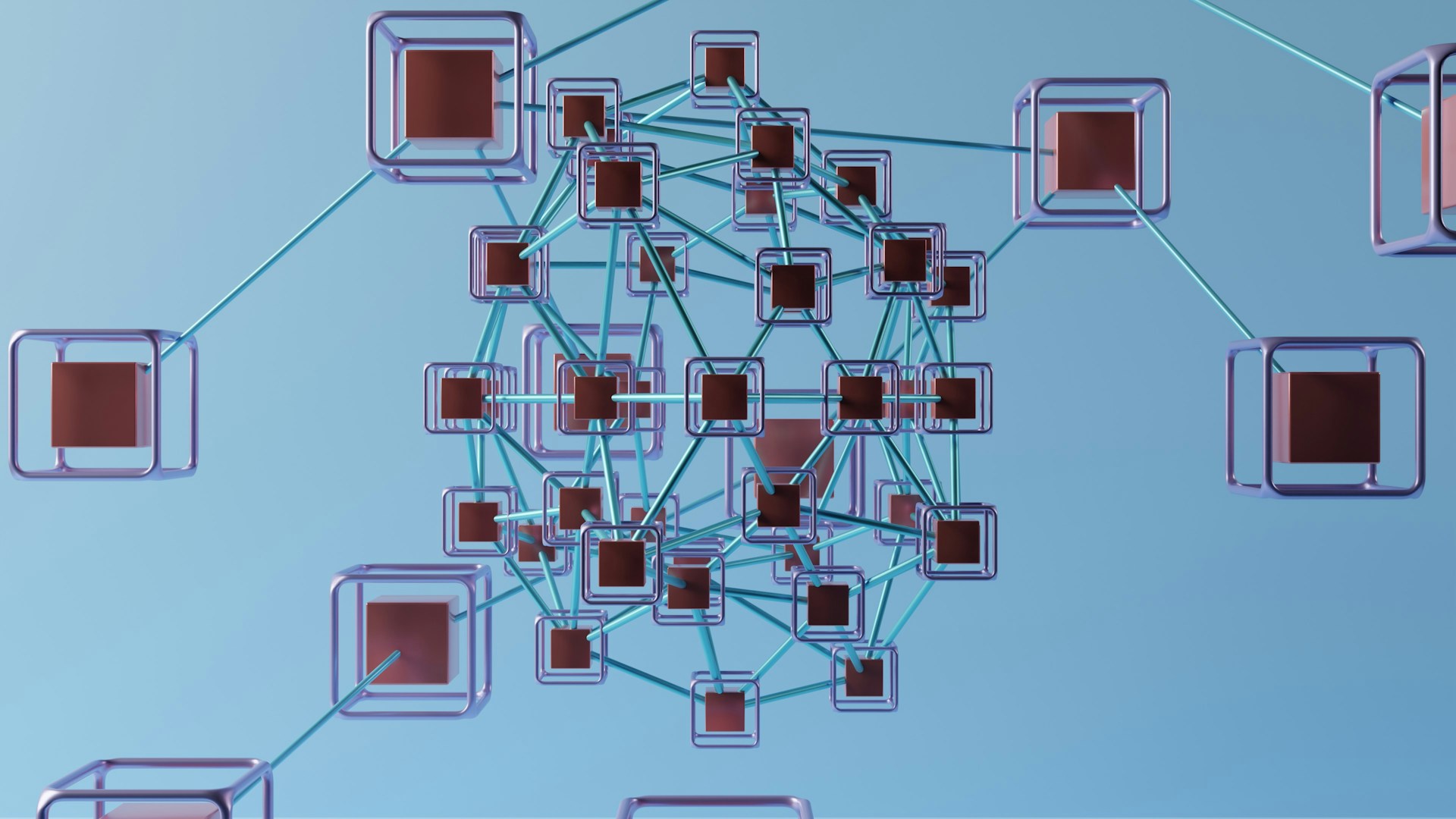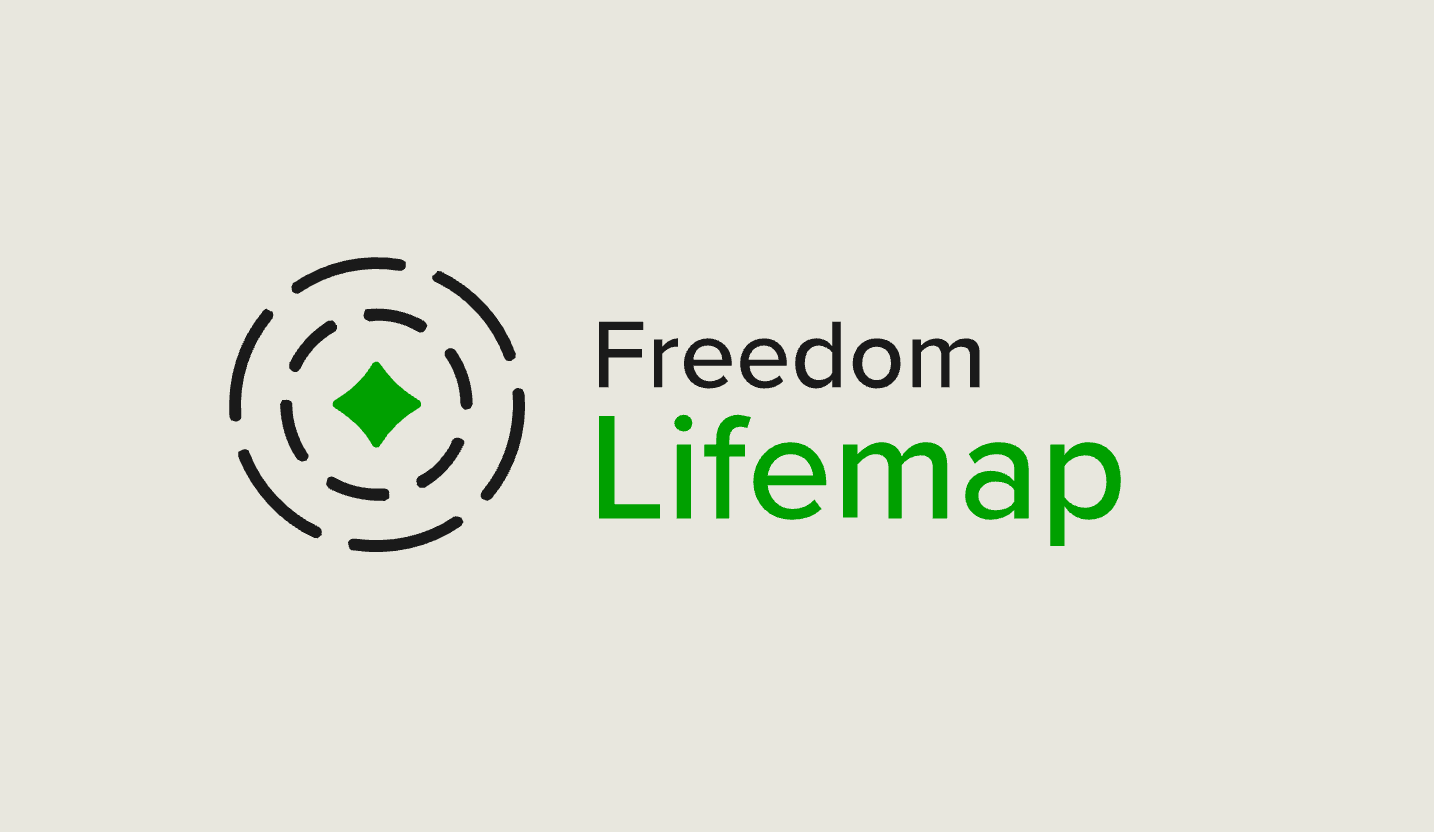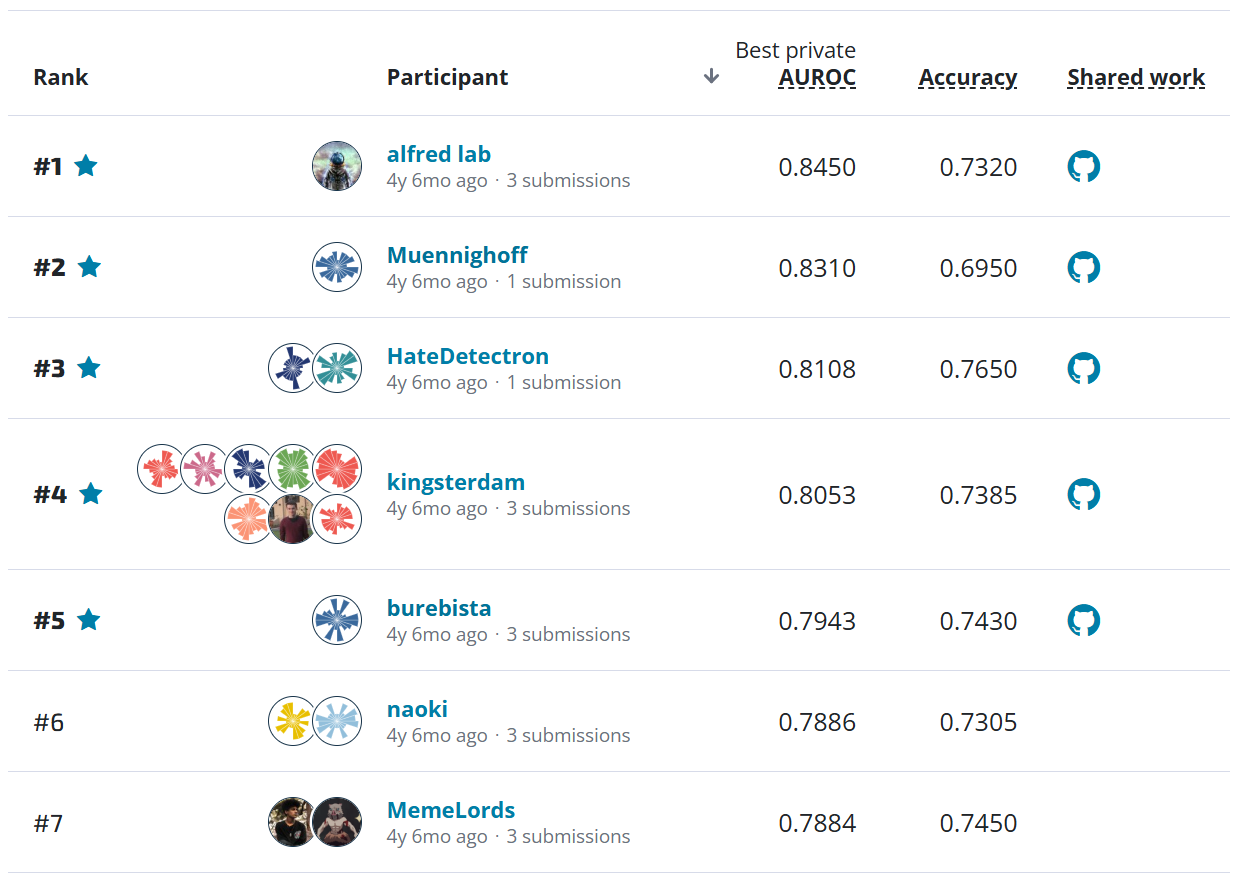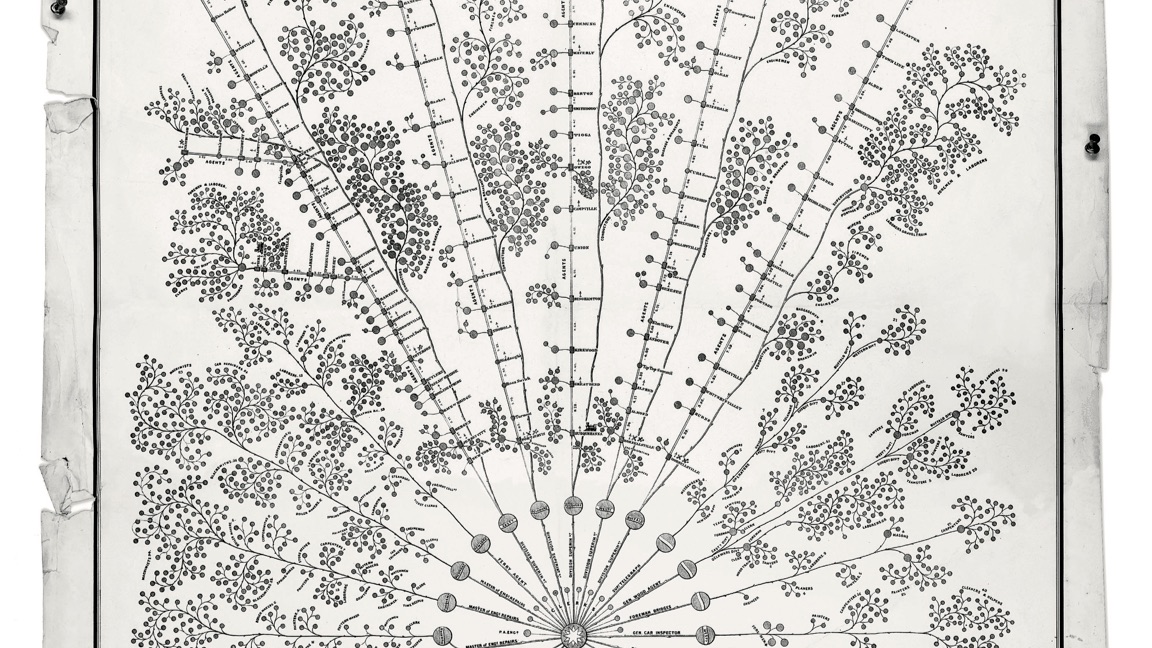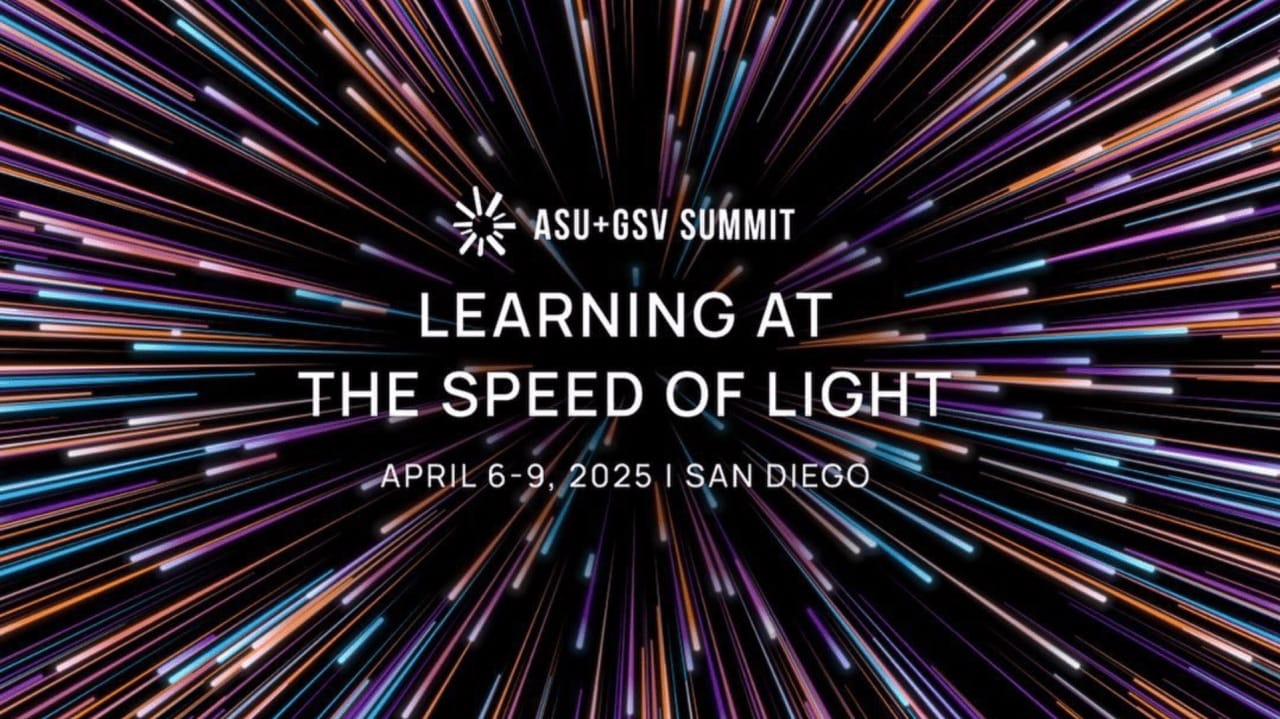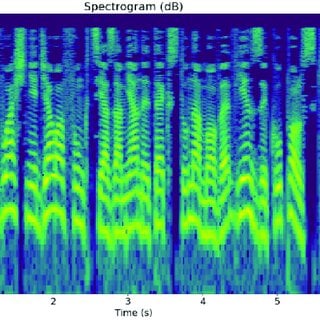The Challenge¶
Alzheimer's disease and Alzheimer's disease-related dementias (AD/ADRD) are a group of brain disorders characterized by progressive cognitive impairments that severely impact daily functioning. Early prediction of AD/ADRD is crucial for potential disease modification through emerging treatments, but current methods are not sensitive enough to reliably detect the disease in its early or presymptomatic stages.
The PREPARE: Pioneering Research for Early Prediction of Alzheimer's and Related Dementias EUREKA Challenge seeks to advance solutions for accurate, innovative, and representative early prediction of AD/ADRD. To achieve this goal, the challenge features three phases that successively build on each other.
| Phase | Description |
|---|---|
| Phase 1 [Find IT!] | Find, curate, or contribute data to create representative and open datasets that can be used for early prediction of AD/ADRD. |
| Phase 2 [Build IT!] | Advance algorithms and analytic approaches for early prediction of AD/ADRD, with an emphasis on explainability of predictions. |
| Phase 3 [Put IT All Together!] | Top solvers from Phase 2 demonstrate algorithmic approaches on diverse datasets and share their results at an innovation event. |
In the main track of Phase 1, solvers submitted a written description of a shareable dataset that could support novel machine learning approaches for early prediction of AD/ADRD, with an emphasis on addressing biases in existing data sources. Five winners were selected by judges on the basis of evaluation criteria that included utility and rigor of the target variable and predictors, the innovation of the data and potential for advancing the state of the field, the extent to which the data could help address current biases in research and diagnosis, and the usability of the data in and beyond the PREPARE Challenge.
In a bonus track of Phase 1, solvers with ideas for collecting or building out datasets that would not be ready for the challenge could submit ideas proposing new data collection efforts. Three ideas for data collection submissions were selected for bonus prizes based on similar criteria as the main ranked prizes.
Results¶
The competition received a broad range of submissions. Represented among submissions were behavioral, medical record, and neuroimaging research data, and, less commonly, video and audio data, genetic data, public records, and genetic or biological research data.
No single modality or expert domain characterized the winners of Phase 1. Instead, the top teams represented a diverse range of disciplines and drew on their different expertise to identify or propose data and potential predictors.
Top winners represented diverse disciplines and data types:
- 1st Place: Audio recordings and acoustic features from the DementiaBank dataset
- 2nd Place: Synthetic patient records generated using AI models trained on EHR data
- 3rd Place: Survey data from the Mexican Health and Aging Study (MHAS) and Mexican Cognitive Aging Ancillary Study (Mex-Cog)
- 4th Place: Pre-processed resting-state fMRI data from the Alzheimer's Disease Neuroimaging Initiative (ADNI)
- 5th Place: Survey data from the National Health Interview Survey (NHIS)
Predictors represented among the prize-winning data and proposal submissions included cognitive assessments and screenings from behavioral batteries, self- and informant reports, smartphone apps, social determinants of health, medical records (including synthetic EHR data), functional network connectivity derived from resting-state fMRI, voice recordings, and dental imaging.
Winning teams included individuals with expertise in computer science, engineering, biomedical informatics, neuroscience, psychology, data science, sociology, and various clinical specialties. Many teams combined technical skills in AI/ML with domain knowledge in neuroscience, aging, or healthcare.
Meet the winners of the main prize track and the winners of the proposal bonus prizes below!
Meet the winners of the main prize track¶
| Prize | Team | Data Summary |
|---|---|---|
| 1st Place | VBM_CSE_UB (SUNY Buffalo) | Audio recordings, acoustic features, demographic information, and clinical data from 2,086 participants in the DementiaBank dataset. |
| 2nd Place | Ishanu Chattopadhyay (University of Kentucky) | 2 million synthetic patient records with 9 variables, generated using AI models trained on EHR data from the Truven Marketscan national database and University of Chicago (2012-2021). |
| 3rd Place, Winner of the Disproportionate Impact Bonus | IGCPHARMA | Survey data from 26,839 adults over 50 in the Mexican Health and Aging Study (MHAS) and the Mexican Cognitive Aging Ancillary Study (Mex-Cog), which uses the Harmonized Cognitive Assessment Protocol (HCAP) to assess cognitive function. |
| 4th Place | Wig Neuroimaging Lab (University of Texas at Dallas) | Pre-processed resting-state fMRI data from a diverse cohort of 1,491 AD patients and healthy subjects, sourced from the Alzheimer's Disease Neuroimaging Initiative (ADNI). Data enable multi-modal prediction analyses by integrating brain function with structural, pathological, and genetic measures. |
| 5th Place | EngrDynamics | Survey data from approximately 1 million participants in the National Health Interview Survey (NHIS), with self-reported information about cognitive decline. |
VBM_CSE_UB¶
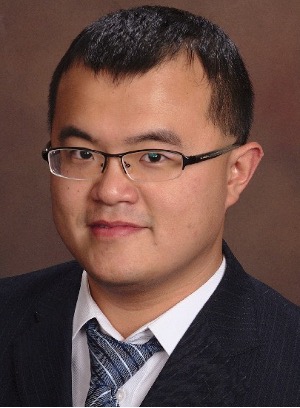
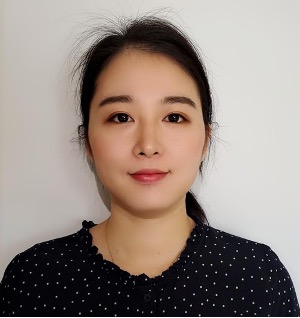
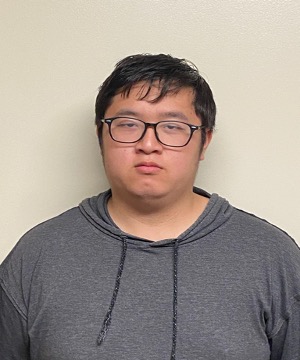
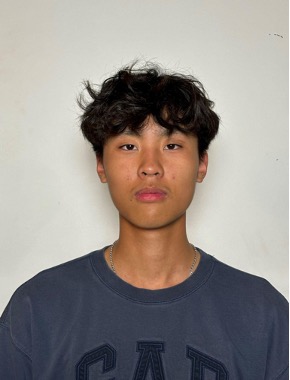
Place: 1st
Prize: $50,000
Usernames: weibo, jwschwe, xuwenyao, hrlin
Team members: Wei Bo, Wenyao Xu, Harry Lin, and Johnson Schwede
Hometown: Buffalo, NY, USA
Background:
Dr. Wenyao Xu is a faculty member in the Computer Science and Engineering Department at the State University of New York (SUNY) at Buffalo, where he directs the ESC (Embedded Sensing and Computing) Group. He focuses on exploring novel IoT technologies for high-impact real-world applications in healthcare, security, and advanced manufacturing.
Wei Bo is a third-year Ph.D. student in Computer Science and Engineering at SUNY Buffalo. She received an M.S. degree from Washington University in St. Louis and a B.S. degree from Shanghai University of Finance and Economics.
Harry Lin is a third-year undergraduate student in Computer Science and Engineering at SUNY Buffalo. He intends to pursue an M.S. degree.
Johnson Schwede is a first-year undergraduate student in Computer Science at Middlebury College. He has previously conducted research with the Department of Surgery at SUNY Buffalo, Roswell Park Comprehensive Cancer Center, and Nichols School in Buffalo, NY.
Summary of the approach:
The dataset, known as the Global Vocal Biomarkers for AD/ADRD Recognition (GloVoAD), is derived from the DementiaBank (DB) collection, which includes a wide range of speech samples from both individuals diagnosed with AD/ADRD and cognitively healthy controls. The dataset comprises 2,058 participants who are diverse in demographic, geographic/language, and cognitive status, including healthy controls and individuals with varying stages of AD/ADRD.
The primary target variable is the cognitive status of the individuals, categorized into healthy controls, probable AD, AD, mild cognitive impairment (MCI), and primary progressive aphasia (PPA). This classification is determined through interviews, cognitive tests, and language-based tasks.
The key predictor variables are the acoustic features extracted from 30-second audio segments using the eGeMAPS V02 parameter set. These features include pitch, formants, speech rate, and other critical acoustic markers indicative of cognitive decline. Additional predictors include demographic information such as age, gender, and health status.
Check out VBM_CSE_UB's full write-up and winning submission in the challenge winners repository.
Ishanu Chattopadhyay¶

Place: 2nd
Prize: $40,000
Username: zedlab
Hometown: Oak Lawn, IL
Background:
Dr. Ishanu Chattopadhyay is an Assistant Professor at the University of Kentucky's Institute of Biomedical Informatics in the Department of Medicine. He is an expert in biomedical informatics, general artificial intelligence, cutting-edge machine learning algorithms, and the computational aspects of data science. Dr. Chattopadhyay leads innovative research at the intersection of AI and healthcare, developing predictive models and AI-driven tools to address complex medical challenges.
Summary of approach: PhantomDB is a dataset that consists of diagnostic histories of 2 million "phantom" patients, which were generated using a novel generative AI framework. The dataset includes time-stamped diagnostic and procedural codes for 21,374 patients from a national database, as well as 187 African-American patients from the University of Chicago Medical Center. These patients, aged 60-75, were eventually diagnosed with AD/ADRD.
The target variables in this dataset are the diagnostic codes for AD/ADRD, while the predictors include a wide range of ICD-10 diagnostic codes. This dataset enables early and inclusive prediction of AD/ADRD by providing a high-quality and representative dataset that is free from proprietary and privacy constraints.
Check out Ishanu Chattopadhyay's full write-up and winning submission in the challenge winners repository.
IGCPHARMA¶
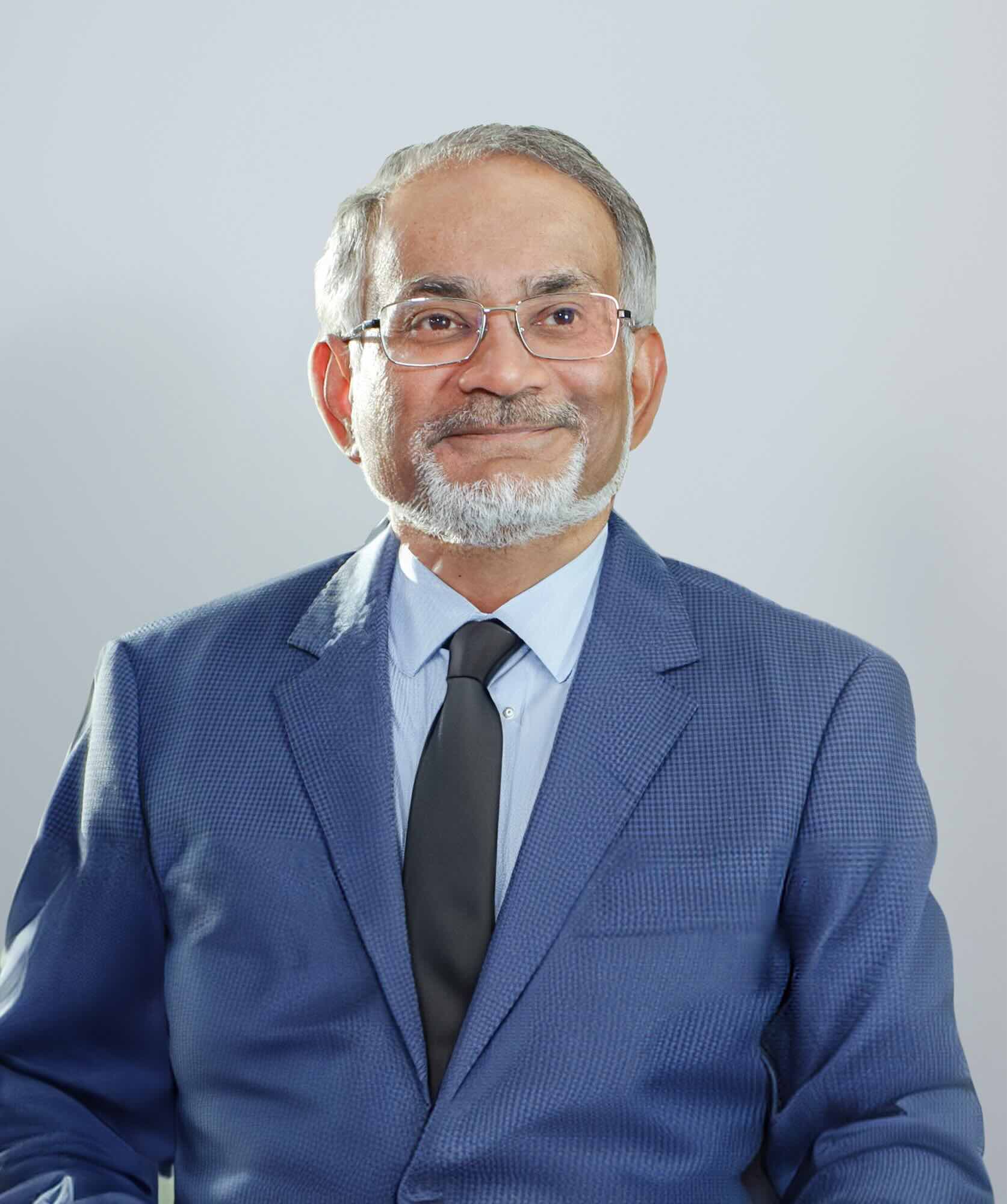
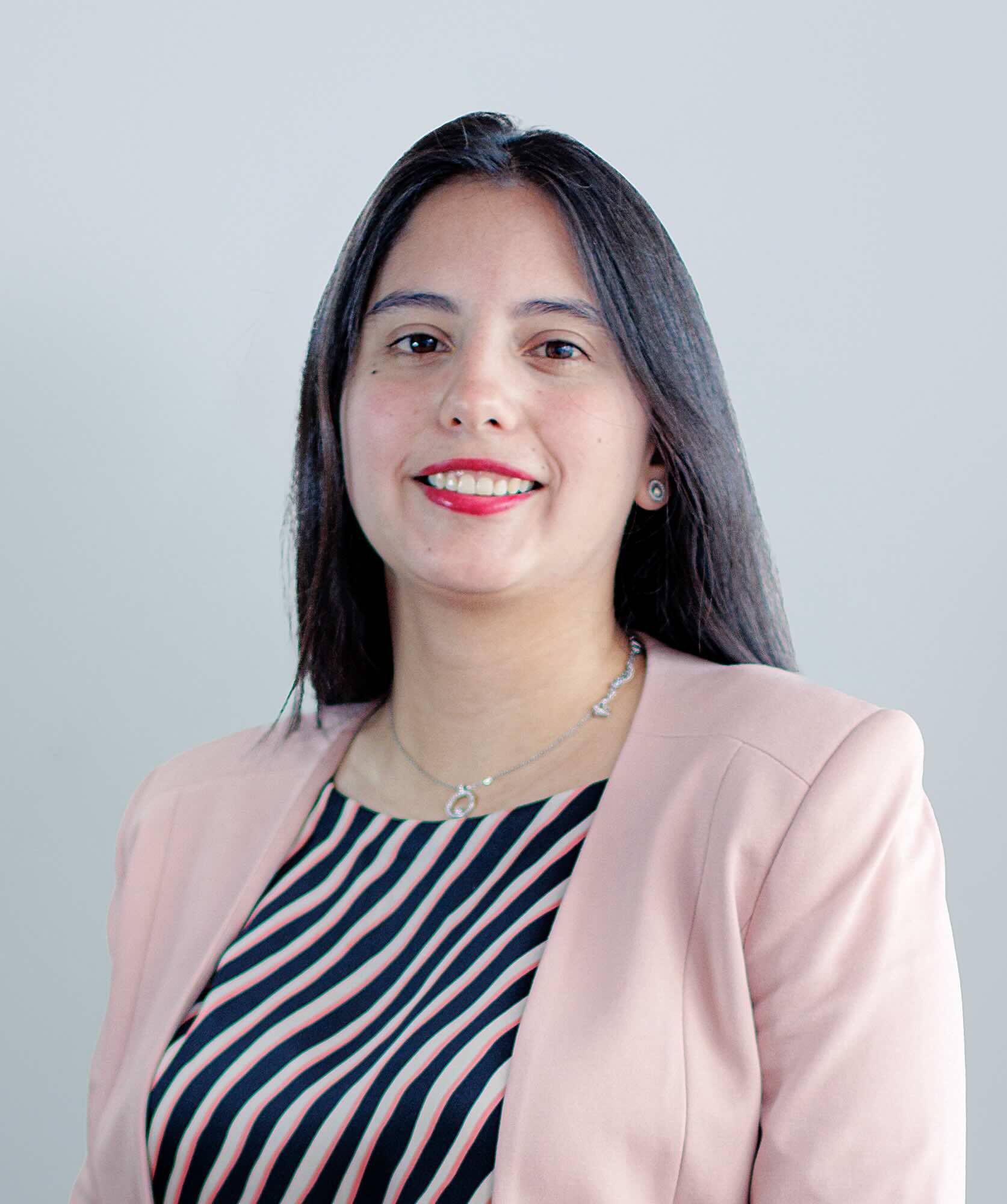


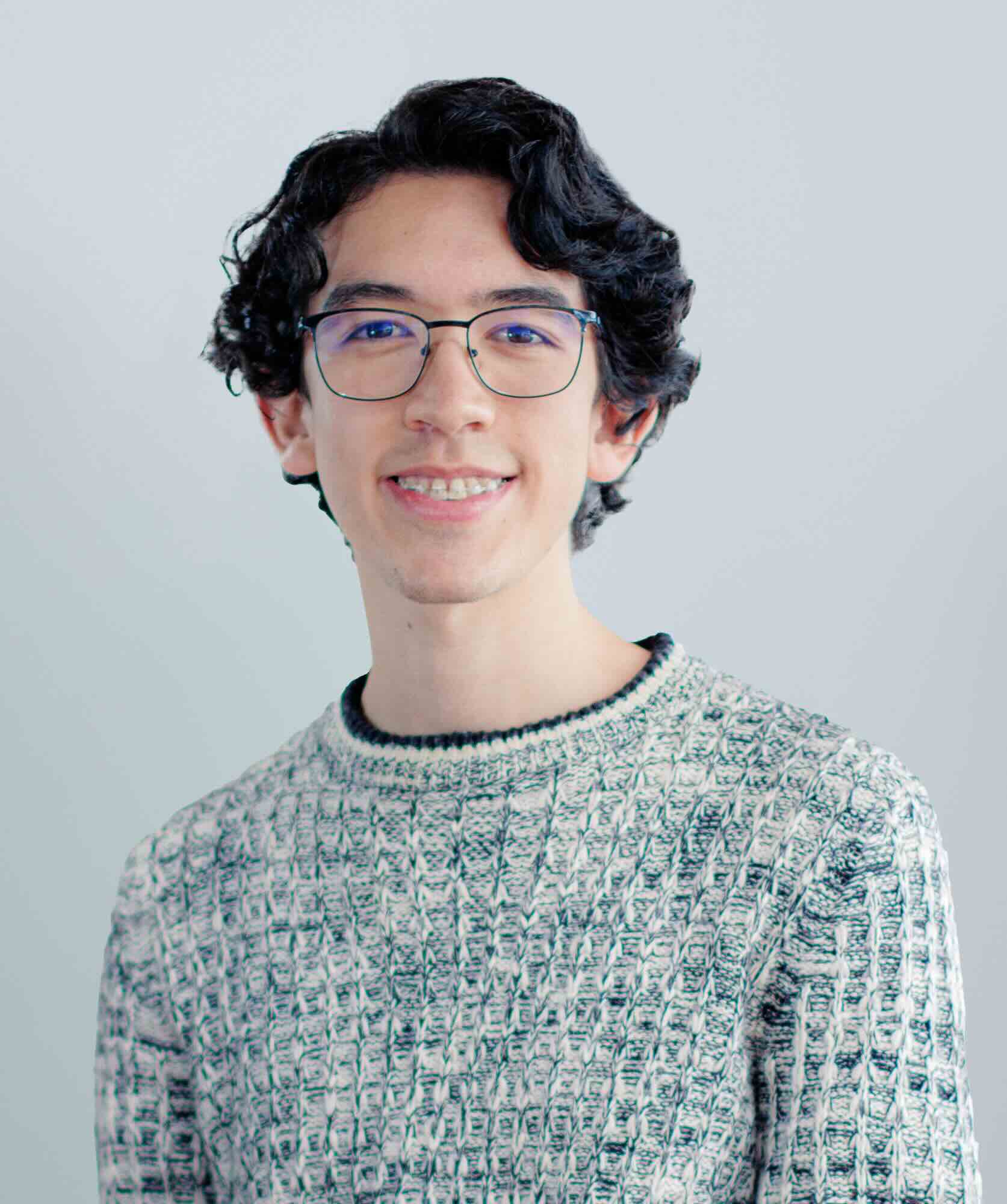
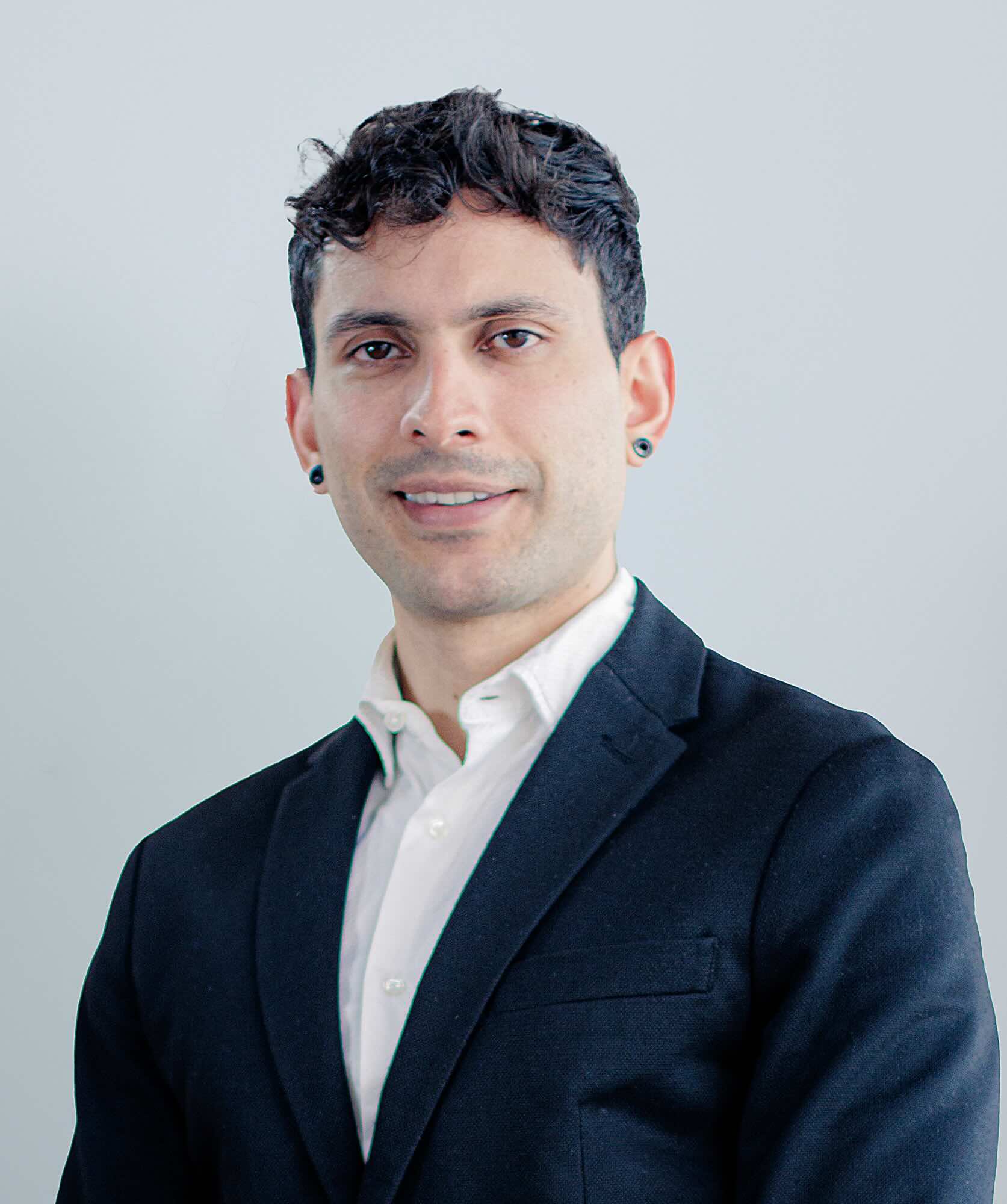
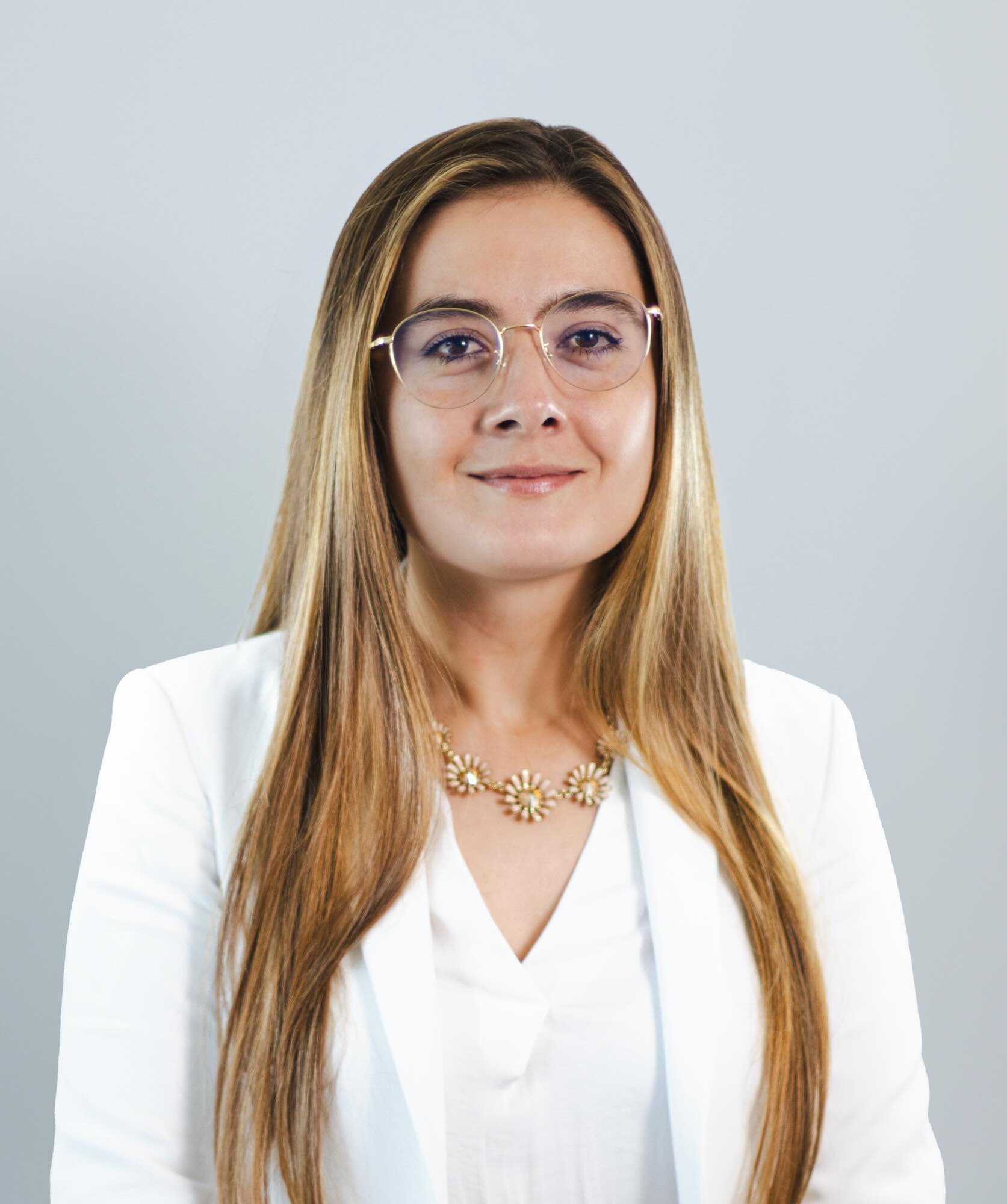
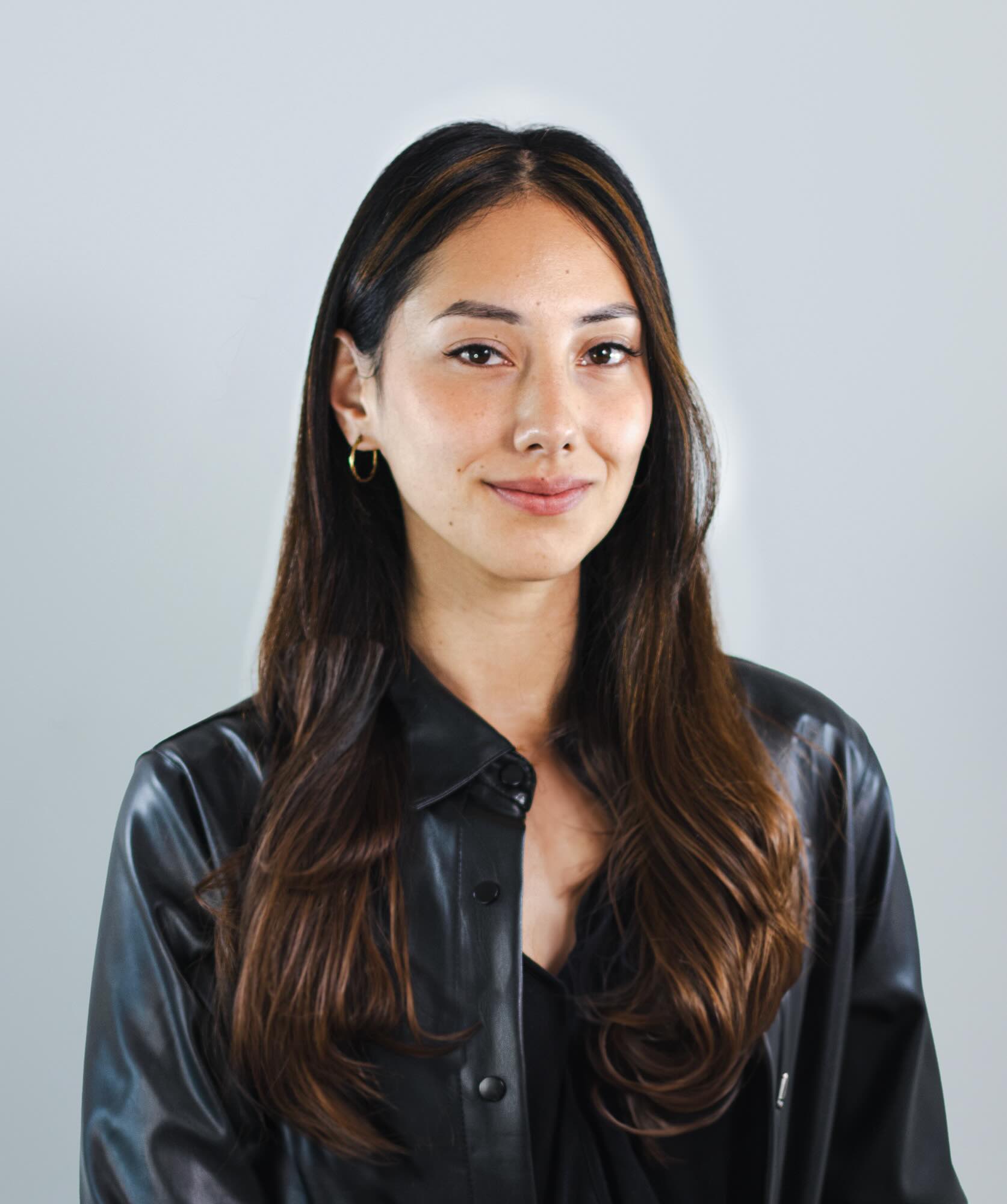
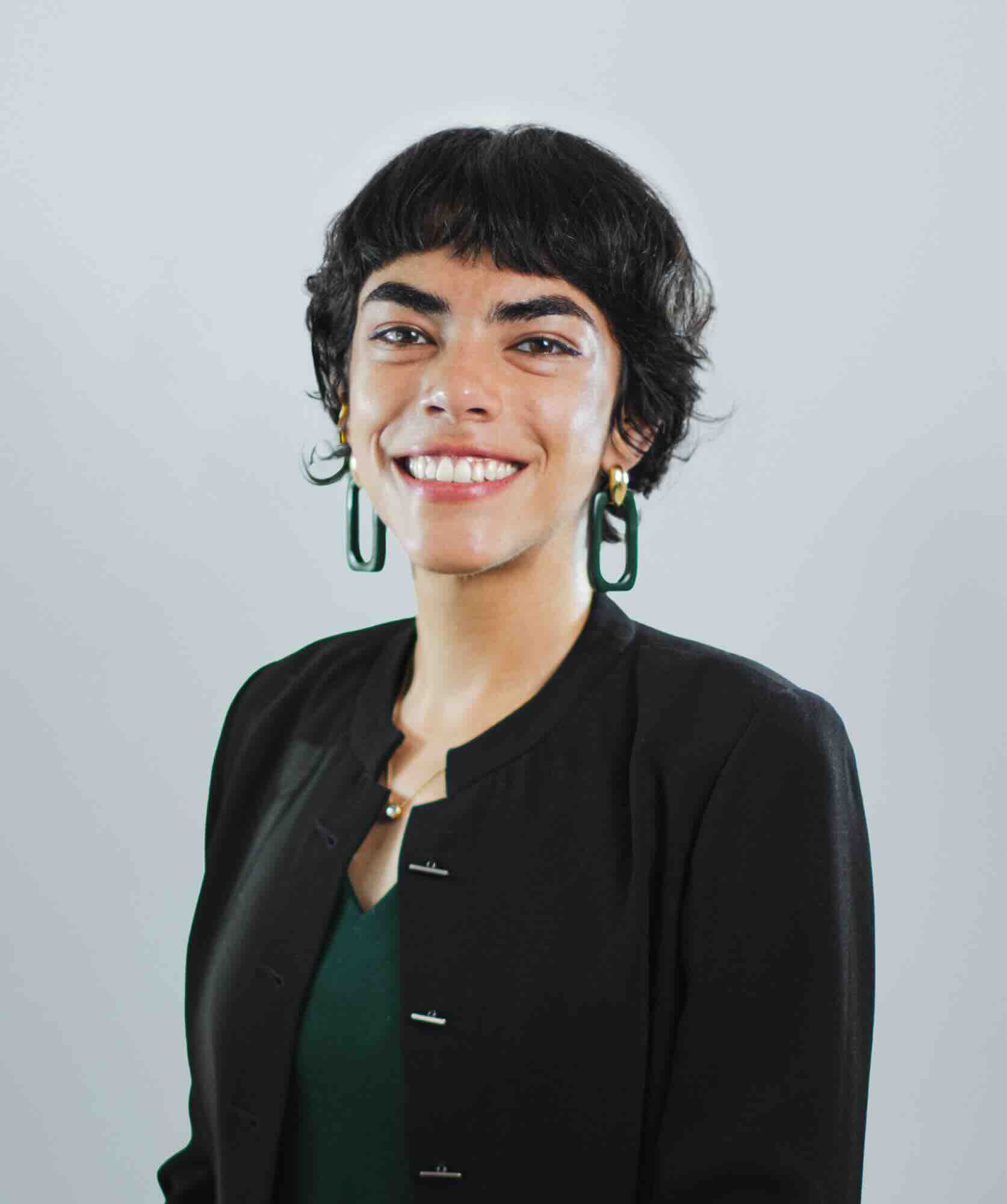
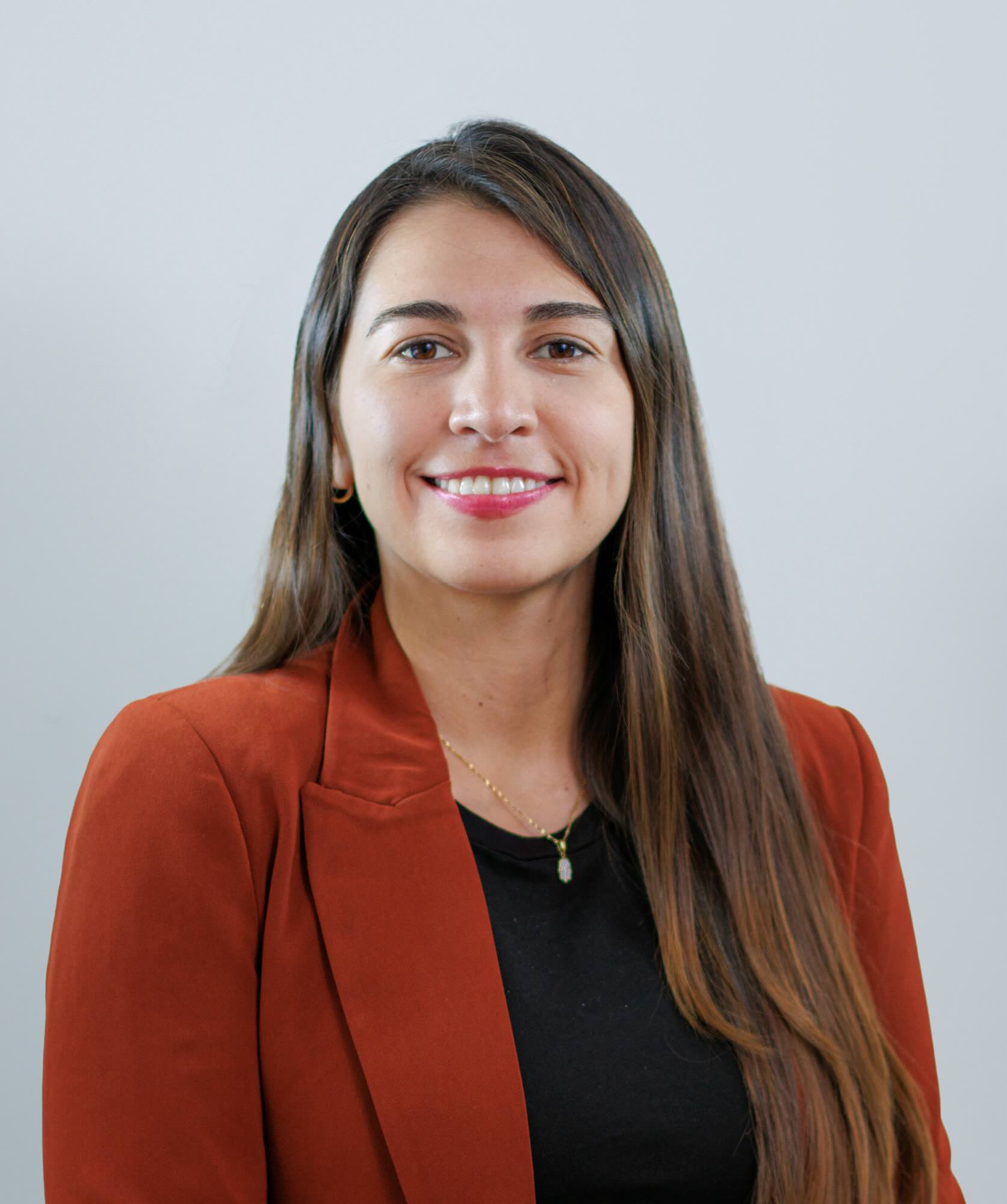
Place: 3rd
Bonus prize: Disproportionate Impact Bonus
Prize total: $55,000
Usernames: IGCPHARMA
Team members: Ram Mukunda, Paola Ruíz Puentes, Pablo Arbeláez, Juan Manuel Orjuela, Nestor González, Daniel Crovo, Juanita Arbeláez, Margarita Venegas, Alejandra Tangarife, Evelyn Gutiérrez
Website: https://igcpharma.com/
Hometown: Potomac, Maryland; Bogotá, D.C, Colombia
Background:
Ram Mukunda is the CEO of IGC Pharma and has a background in medical and pharmaceutical research. With over 50 million people battling AD, Ram is driven by a heartfelt mission to develop affordable medications and identify early biomarkers. He holds a BS in Mathematics and BS/MS in Electrical Engineering from the University of Maryland.
Paola Ruíz Puente is a Biomedical Engineer amd the AI/ML manager at IGC Pharma. With several years of experience harnessing deep learning for drug discovery and high-definition image analysis, Paola has channeled her expertise into tackling one of medicine’s greatest challenges: Alzheimer’s disease.
Pablo Arbeláez is a distinguished researcher with over 20 years of experience using AI/ML in medicine, biology, and computer vision. After receiving his PhD in Applied Mathematics, Universite Paris-Dauphine (2005), he spent seven years as an AI researcher at the University of California (Berkeley 2007-2014). He is the director of the Center for Research and Formation in Artificial Intelligence at Universidad de los Andes, the first AI-focused academic center in Latin America.
Juan Manuel Orjuela is a distinguished neuropsychiatrist from the National Autonomous University of Mexico. With a career dedicated to advancing our understanding of Alzheimer's disease and related dementias (ADRD), he has authored numerous influential papers on topics such as managing behavioral symptoms in dementia, the intersection of art and brain function, and non-pharmacological interventions for neuropsychiatric symptoms. He serves on the board of directors of the Colombian Association of Psychiatry (CAP) and contributes to the neuropsychiatry subcommittee of both the CAP and the International Neuropsychiatric Association.
Nestor González is a skilled systems and computing engineer, brings a wealth of practical expertise in applying machine learning to the medical field. At IGC Pharma, Nestor plays a crucial role in integrating and harmonizing extensive Alzheimer's disease-related databases. His contributions include developing and refining machine learning and deep learning models using these datasets and optimizing state-of-the-art large language models.
Daniel Crovo is a dedicated Electronics Engineer with a passion for applying artificial intelligence to medical research, focusing on early detection of Alzheimer’s disease. Currently pursuing a double master’s degree in AI/ML and Electronics Engineering, Daniel has honed his skills in developing deep learning models for medical image analysis. His master’s thesis is centered on analyzing intracranial EEG signals, demonstrating his expertise in handling complex data.
Juanita Arbeláez is a medical doctor with a master’s in Epidemiology and is currently pursuing a master’s in Bioethics. Her research focuses on Alzheimer's disease and related neuropsychiatric symptoms, where she applies her statistical expertise to advance AI/ML models.
Margarita Venegas is a clinical and health psychologist with extensive experience in assessment, research, and training processes. At IGC Pharma, Margarita plays a key role in the Phase II Clinical Trial for IGC-AD1, where she reviews neuropsychiatric scales, supervises rater training, and ensures the quality of assessments. Additionally, she is integral to the AI/ML initiative, leveraging her expertise and insights to improve the precision of neuropsychiatric evaluations and advance the development of predictive models for Alzheimer's disease.
Alejandra Tangarife is a skilled neuro psychologist with a master's degree in neuroscience from Universitat Autónoma de Barcelona. Her career spans psychometric validation, social neuroscience research, and clinical trial development in Alzheimer's disease. At IGC Pharma, Alejandra is a key member of the clinical trial team for the Phase 2 trial of IGC-AD1, focusing on agitation in Alzheimer's disease.
Evelyn Gutiérrez is a Chemical Engineer currently pursuing a Master of Science (MSc) in Clinical Epidemiology. With training in Good Clinical Practice (GCP), Clinical Monitoring, and statistical analysis using STATA, Evelyn brings a strong foundation in clinical research to her role. With four years of experience specializing in Alzheimer's disease, she leads the IGC Pharma Clinical Trial team, ensuring rigorous adherence to protocols and effective management of clinical processes.
Summary of approach:
We proposed to use the Mexican Health and Aging Study (MHAS) in conjunction with the Mexican Cognitive Aging Ancillary Study (Mex-Cog). MHAS is a national sample of adults aged 50 and over in Mexico from a broad socioeconomic perspective. The Mex-Cog 2016 and 2021 studies are an in-depth cognitive assessment applied to a subsample of age 55 and older from MHAS 2015 and MHAS 2018.
As target variable we proposed cognitive impairment assessment through a modified Mini-Mental State Examination (MMSE) and the Community Screening Instrument for Dementia (CSI’D). The predictor variables can be divided in four major groups: Sociocultural Determinants, Behavioral Factors, Environmental Factors, and Biological Factors.
These databases allow for identifying social and cultural factors that may influence the development and progression of the disease, extending beyond the biological factors that have been more extensively studied. Integrating both types of information—biological and socio-demographic—enhances early detection capabilities by correlating risk factors with early health variations. This means that, for individuals with certain socio-demographic risk factors, minor health changes that might otherwise be considered normal may indicate the disease's onset.
Check out IGC Pharma's full write-up and winning submission in the challenge winners repository.
Wig Neuroimaging Lab¶
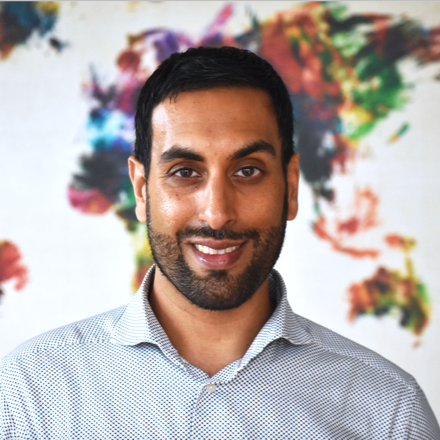
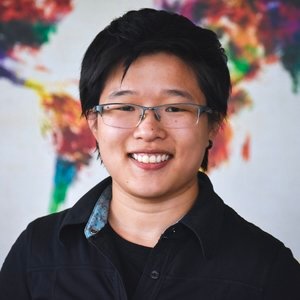
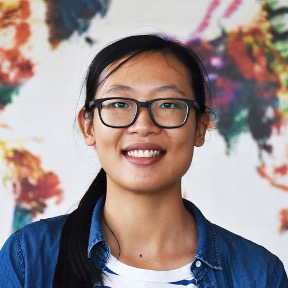
Place: 4th
Prize: $20,000
Usernames: gaganwig
Team members: Gagan Wig, Micaela Chan, and Ziwei Zhang
Website: https://www.wigneurolab.org/
Hometown: Vancouver, Canada; Denton, USA/ Hong Kong; Beijing, China
Background:
Dr. Gagan Wig is an Associate Professor of Psychology at the University of Texas at Dallas and in the Department of Psychiatry at The University of Texas Southwestern Medical Center. He leads a laboratory that uses brain imaging to study healthy and pathological aging across the adult lifespan, focusing on measuring patterns of brain connectivity to understand how large-scale brain networks change as individuals age and how these changes impact cognitive function and dementia risk.
Dr. Micaela Chan is a research scientist in the Wig Neuroimaging Lab. Her research focuses on how experience and environment interact with the brain's functional network organization, and developing methods to represent individualized brain networks in a shared multivariate space.
Ziwei Zhang is a Ph.D. student in the cognitive neuroscience program at UT Dallas. Her primary research interests involve using neuroimaging methods to study the mechanisms of neurodegenerative disease. Ziwei's dissertation project examines the effects of aging and Alzheimer's disease on functional brain network organization and cognition.
Summary of approach:
The dataset included is a processed and curated functional MRI dataset that quantifies the organization of functional brain network organization in individuals ranging in age and dementia severity. Recent work has demonstrated that the brain network patterns differ in relation to age and Alzheimer’s Disease (AD) severity, and that certain changes in functional brain network organization among healthy individuals are prognostic of AD.
The dataset is compiled from data shared by the Alzheimer’s Disease Neuroimaging Initiative (ADNI). We have processed raw neuroimaging files and aggregated these outputs with clinical ratings relevant to AD dementia. The primary predictors are functional brain network relationships between 502 brain regions and the primary target variables are clinical dementia ratings and sum-of-boxes scores, obtained from clinical assessments. We also include several types of demographic information for each individual.
The dataset includes participants with both cross-sectional data (i.e., a single scan session of data) and those with longitudinal data (i.e., multiple scan sessions collected over time), the latter of which allows for predictive models of future outcomes in individuals (e.g., individuals who are initially cognitively healthy, but were diagnosed with cognitive impairment years later). Cross-sectionally, the dataset includes 393 healthy participants (clinical dementia rating [CDR] = 0), 326 very mild dementia (CDR = 0.5), 71 mild dementia (CDR = 1) and 17 moderate dementia (CDR = 2) patients (age range: 55 – 96 years old, Female = 422); this totals to 807 unique participants. Out of the 807 participants, 385 have longitudinal MRI scans and with CDR scores at multiple timepoints (ranging from 2 to 10 scans, age range: 55 – 94 years old, Female=191).
Check out Wig Neuroimaging Lab's full write-up and winning submission in the challenge winners repository.
EngrDynamics¶
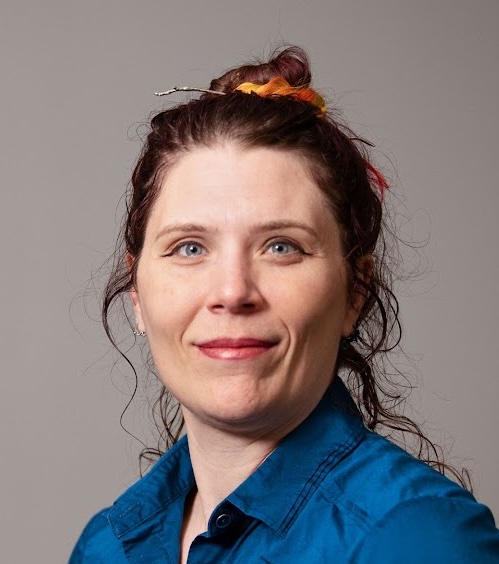

Place: 5th
Prize: $10,000
Usernames: EngrDynamics
Team members: Julie Fennell and Dave Kaniss
Hometown: Silver Spring, Maryland
Background:
Julie Fennell, Ph. D., project leader, and sociologist, brings many years of research in sexual minority communities. With a strong background in public health, she guides our efforts emphasizing community engagement and structural factors, as well as highlighting Diversity, Equity, Inclusion, and Accessibility (DEIA) in our approach.
Dave Kaniss, as our Systems Engineer, ensures that our solutions integrate seamlessly into existing healthcare structures, assessing and adjusting the blueprint to accommodate evolving healthcare trends and technologies, promising the solution's long-term feasibility and sustainability.
Summary of approach:
The team proposed using the National Health Interview Survey (NHIS). This large-scale nationally representative survey of the non-institutionalized United States population covers ages 18-85, with relevant years from 2010-2022.
Public data includes questions useful for defining a target for early prediction of AD/ADRD such as:
- DEMENTIAEV: Whether the respondent has been told by a health professional that they have dementia, including Alzheimer's (2019-22)
- LAMEMORCON: Whether the respondent has ever had difficulty remembering, concentrating, or both (2010-22)
- LAMEMCONDIF: Level of difficulty remembering (2010-22)
- LAMEMDIFOFT: Frequency of difficulty remembering (2010-22)
Predictor variables include a wide range of self-reported information about current and past socioeconomic status, marriage and family structure, health history and health-related behaviors.
Check out ENGR Dynamics' full write-up and winning submission in the challenge winners repository.
Meet the proposal bonus prize winners¶
| Team | Proposal Summary |
|---|---|
| Korin Reid (Ellison Laboratories) | Addresses AD misdiagnosis rate in the African American population. Proposes a community-driven, patient-centric method for creating a representative, de-identified repository of data for early prediction of AD by combining EHR and claim data with biologically based biomarkers (e.g., ADNI data including genomics data, MRI, PET, CSF, blood-based biomarkers). |
| Brain Imaging and TMS Lab (University of Arizona) | Explores obstructive sleep apnea (OSA) as a modifiable potential risk factor for AD. Outlines a method of collecting data to explore whether radiographs routinely acquired at dental screenings capture an early, scalable AD risk signal. |
| Stephanie Ruth Young (Northwestern University Feinberg School of Medicine) | Describes a method of creating an open, shareable dataset of cognitive screening data through mobile data collection with the MyCog App and traditional neuropsychological assessments for diagnosing AD/ADRD. |
Korin Reid¶
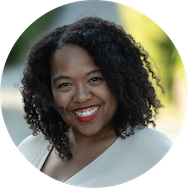
Prize: $5,000
Username: korinreidellisonlabs
Hometown: Chicago, IL
Background:
Dr. Korin Reid serves as CEO of Ellison Laboratories, a company that leverages AI to address healthcare's greatest challenges: data silos, chronic disease, health disparities, and administrative waste. Dr. Reid also teaches Data Science at the University of California at Berkeley. She earned her Ph.D. from Georgia Institute of Technology and has held a variety of positions in the healthcare IT space including Senior Data Scientist at Optum/UnitedHealthcare/MckessonHealth Solutions and VP of Data and Innovation at Craneware.
Summary of approach:
The proposal focuses on communities with high African American populations and describes a method to work with faith leaders, African-American physicians and researchers, and other community leaders to forge a path toward data collection that enhances existing efforts such as ADNI. We also describe a means of developing cross EHR longitudinal patient records as well so that we can have diverse research data and administrative data (EHR/claims) to foster a robust and diverse modeling effort.
Check out Korin Reid's full write-up and winning proposal in the challenge winners repository.
Brain Imaging and TMS Lab¶

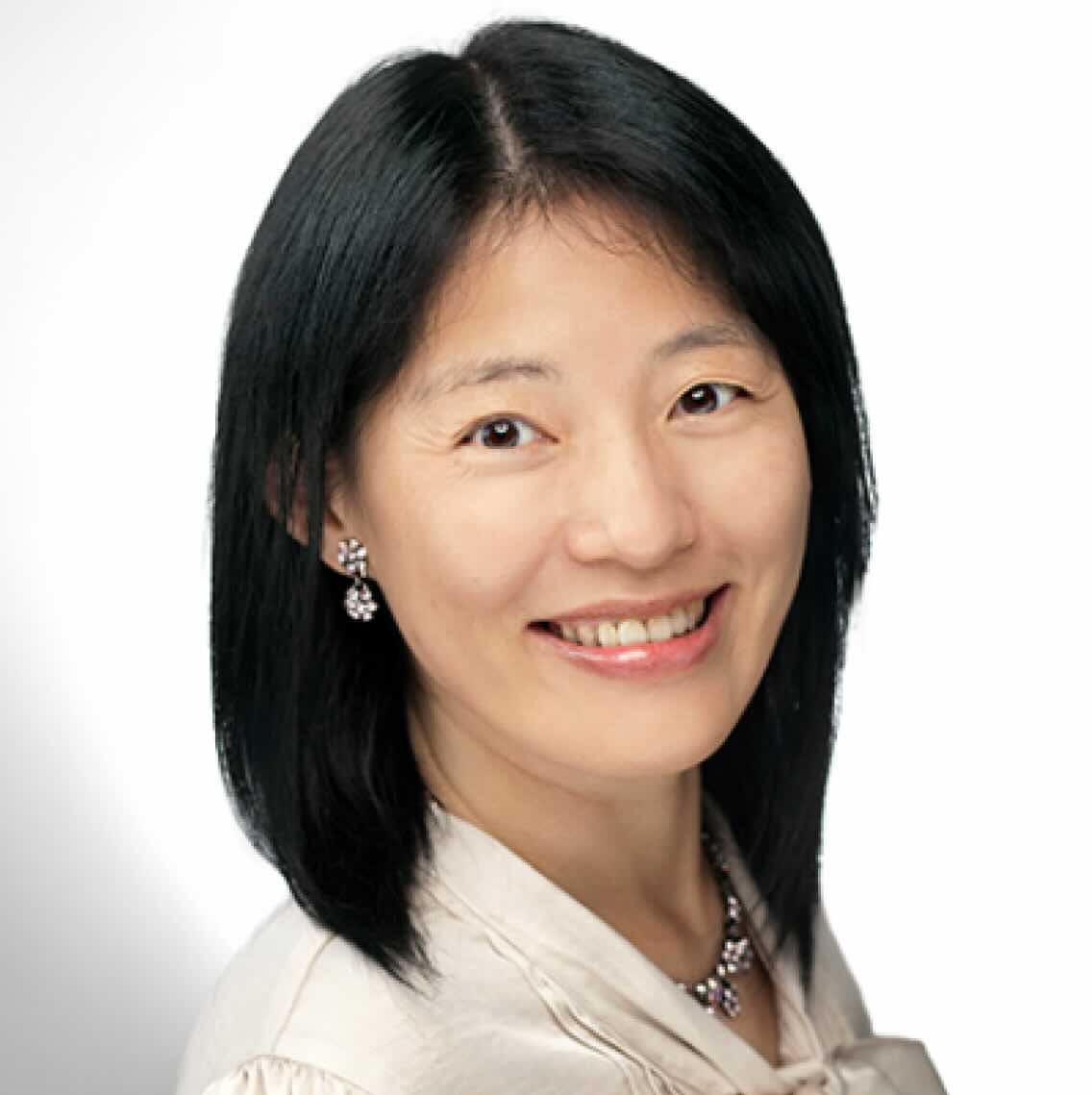
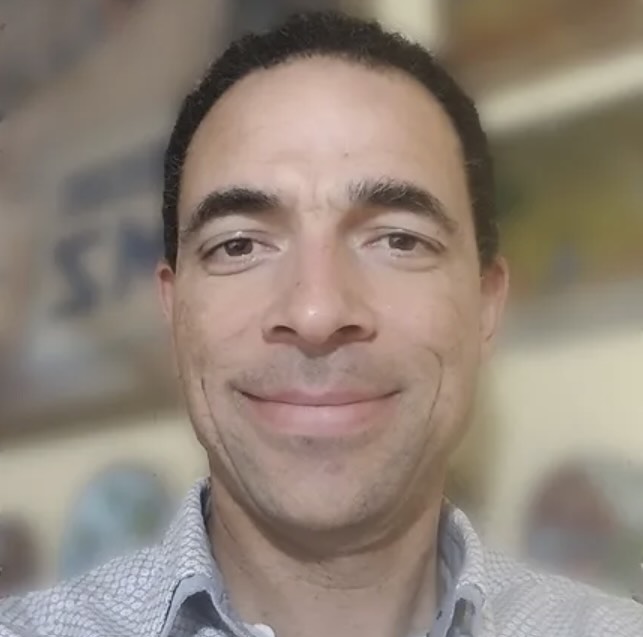
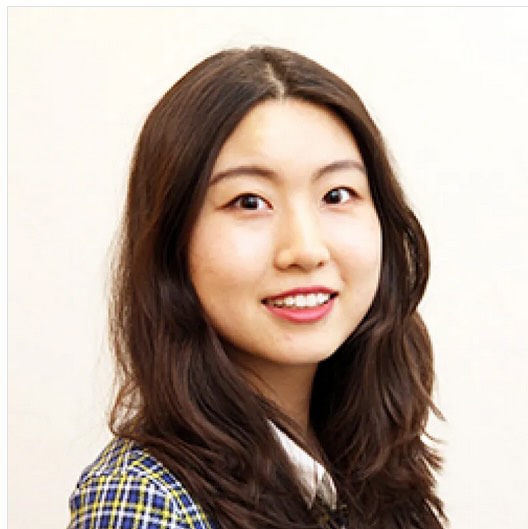
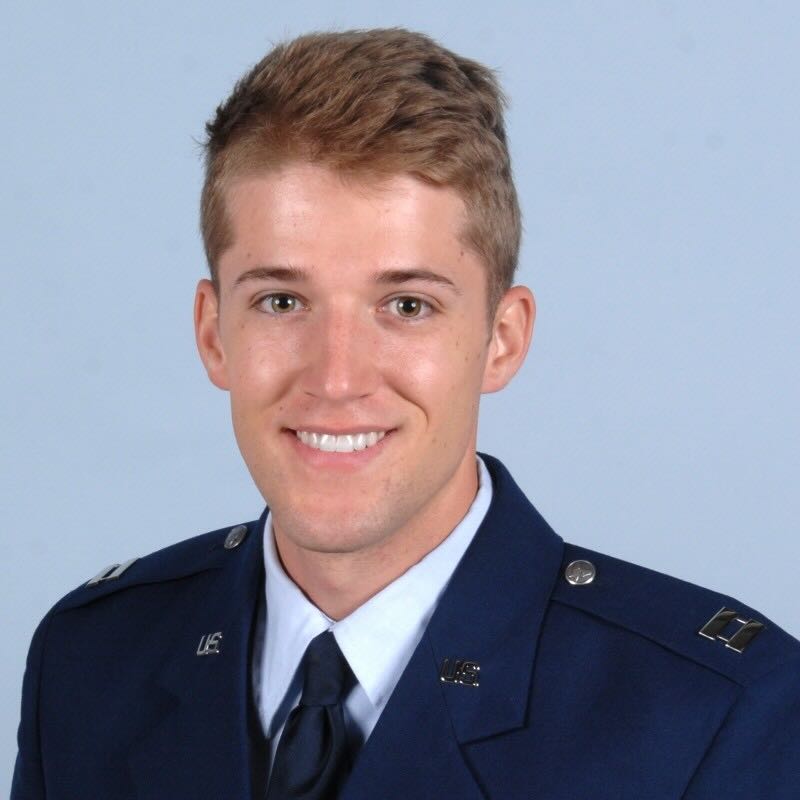
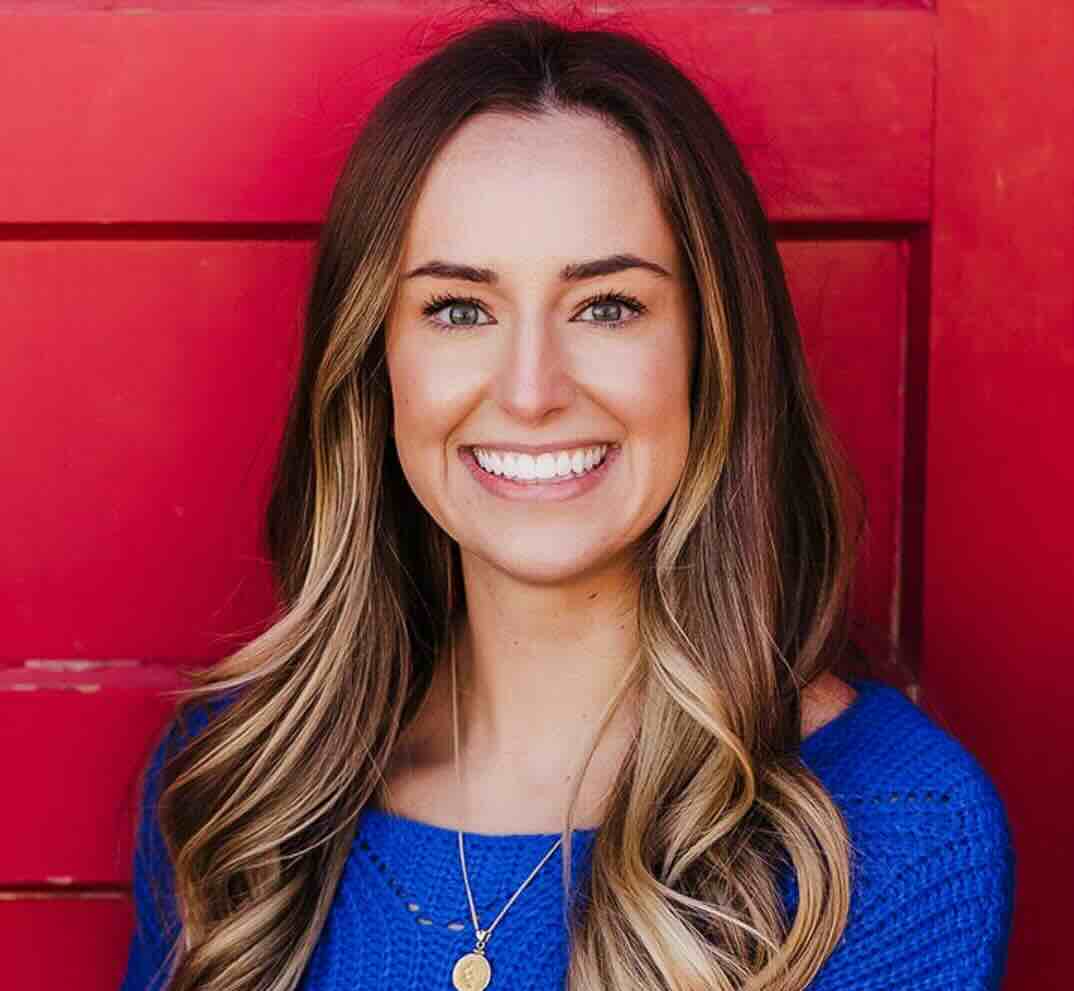
Prize: $5,000
Usernames: msundman
Team members: Mark Sundman, Ying-hui Chou, Chidi Ugonna, Yilin Liu, Nick Miller, and Leah Stetzel
Hometown: Tucson, AZ
Background:
Dr. Mark Sundman is a postdoctoral research scientist in the Brain Imaging and TMS laboratory at the University of Arizona. With degrees in Exercise Science (BS), Integrative Medicine (MS), and Cognition & Neural Systems (PhD), Dr. Sundman has developed a unique multidisciplinary approach to studying the aging brain. His research focuses on optimizing brain resilience in aging, using neuroimaging and neuromodulation technologies to identify neurophysiological indicators of cognitive resilience and develop personalized therapies for early-stage Alzheimer's disease.
Dr. Ying-hui Chou is an Associate Professor in the Department of Psychology, the Evelyn F. McKnight Brain Institute, and the Neuroscience and Cognitive Science Graduate Programs at UArizona. As the Director of the Brain Imaging and TMS Laboratory, she has been a PI or Co-Investigator on multiple NIH-, DoD-, and university-funded grants. Her expertise lies in the cognitive and clinical neuroscience of aging and neurodegenerative disorders, focusing on advanced neuroimaging and brain stimulation technologies.
Dr. Chidi Ugonna is a Senior Research Specialist in the Biomedical Engineering Department at the University of Arizona. He successfully implemented XNAT (open-source imaging informatics software) at UArizona for the Precision Aging Network (PAN) study and leads the development of neuroimaging pipelines for the PAN study. His expertise includes designing and implementing Machine Learning applications on XNAT using Jupyter Notebooks and the MONAI Label ecosystem.
Yilin Liu is a Ph.D. candidate at the University of Arizona pursuing a doctoral degree in Cognition and Neural Systems. She has led the design and implementation of Machine Learning pipelines for streamlining data purification, feature extraction, and model comparisons. Her expertise includes using custom Docker images on UArizona's HPC for streamlined image processing and analyses.
Dr. Nick Miller (DDS) is a general dentist at the Davis Monthan clinic in Tucson, Arizona. He regularly conducts and interprets CBCT scans.
Dr. Leah Stetzel (DDS) is an Orthodontist at the Leber Ortho clinic in Tucson, Arizona. She regularly conducts and interprets CBCT scans.
Summary of approach:
The team proposes a new potential use case for routinely collected dental radiography scans. They suggest implementing machine learning models to automatically segment and extract anatomical features of the pharynx (upper airway) from Cone Beam Computed Topography (CBCT) imaging. The proposal seeks to examine the predictive utility of upper airway caliber (predictor variable) for an individual's risk of AD, as assessed by the pathological load of plasma-derived AD biomarkers (target variable) in cognitively normal older adults.
Predictor variables include anatomical features of the pharynx extracted from CBCT imaging, while the target variables are plasma-derived AD biomarkers. This approach aims to bridge the gap between two existing causal associations: 1) upper airway anatomy as a predictor of OSA, and 2) OSA as a predictor of AD pathology.
Check out Brain Imaging and TMS Lab's full write-up and winning proposal in the challenge winners repository.
Stephanie Ruth Young¶
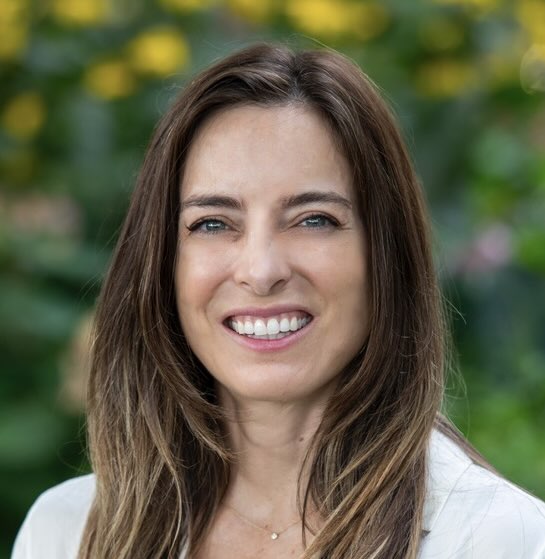
Prize: $5,000
Username: stephanieruth.young
Hometown: Saint Paul, Minnesota
Background:
I am an assistant professor in the Department of Medical Social Sciences at Northwestern University's Feinberg School of Medicine. My training background is in neuropsychology, and I completed my clinical internship at Dell Children's Hospital/The University of Texas at Austin Dell Medical School and my clinical fellowship at Children's Hospital Colorado/The University of Colorado School of Medicine. I am currently studying how app-based assessments can monitor cognitive trajectories and improve the early detection of cognitive decline throughout the lifespan.
Summary of approach:
Our proposed dataset will be sourced from the validation of two novel cognitive screening systems, MyCog and MyCog Mobile, designed to overcome barriers to early detection of AD/ADRD in primary care settings. The sample will include 200 healthy participants and 100 participants with an existing diagnosis related to AD/ADRD. The primary outcome is a clinical diagnosis of cognitive impairment. Predictors include scores from gold-standard neuropsychological measures, novel cognitive screeners (MyCog and MyCog Mobile), demographic data, and clinical diagnoses.
Check out Stephanie Ruth Young's full write-up and winning proposal in the challenge winners repository.
Thanks to all the challenge participants and to our winners! And thank you to the National Institute on Aging (NIA), an institute of the National Institute of Health (NIH), for sponsoring this challenge!
Look out for the next phases of the PREPARE Challenge coming soon! You can also sign up here to be notified when the next phase begins.

